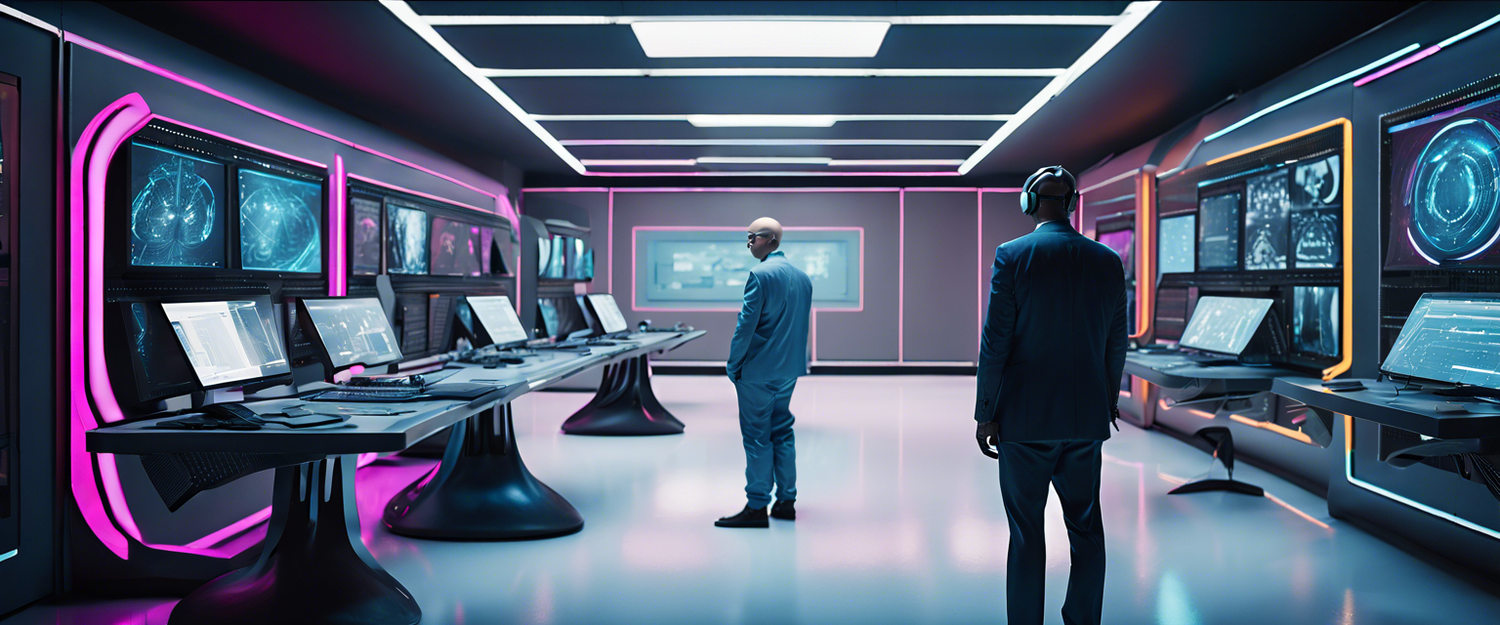Introduction to AI Agents: A New Era of Automation
For centuries, humans have sought to automate tasks to enhance efficiency. Today, major AI companies are harnessing this desire through a new innovation known as AI agents. These autonomous programs are designed to perform tasks, make decisions, and interact with their environments with minimal human input, revolutionizing the way individuals and businesses manage routine activities.
What Are AI Agents?
AI agents are distinct from traditional bots or automated systems. Instead of merely following a set of instructions, these advanced agents can interact with their environments, learn from feedback, and adapt their decisions without constant oversight. They promise to manage tasks such as:
- Making purchases
- Booking travel arrangements
- Scheduling meetings
This adaptability paves the way for increased efficiency in both personal and professional spheres.
Key Players in the AI Agent Space
Several tech giants are investing heavily in developing AI agents:
- Microsoft: Launching "Copilots" to help automate customer service and administrative tasks.
- Google: Exploring various AI productivity agents through Google Cloud.
- OpenAI: Integrating agents in its roadmap to reach AGI, with plans for a super-competent virtual colleague.
- Anthropic: Offering tools to create personalized AI assistants.
The Benefits of AI Agents
AI agents hold immense potential for businesses and individuals alike. They promise:
- Enhanced productivity by automating routine tasks.
- Cost savings from efficient task management.
- Improved customer interactions through personalized service.
Venture capital is flowing into startups focusing on this technology, indicating robust market interest and potential.
Real-World Applications
During an OpenAI demonstration, the capability of an AI agent was showcased through a simulated purchase of chocolate-covered strawberries. Despite initial successes, such demos also raised questions regarding reliability and ethical use, notably:
- Could these systems be misused for spam or deceptive purposes?
- How do we ensure transparency in AI interactions?
While practical use cases are emerging, challenges remain, particularly regarding multi-step workflows and energy consumption.
Market Trends and Future Outlook
Despite current limitations, the excitement surrounding AI agents is fueled by significant investment and a growing buzz among businesses. In the past year alone, AI agent startups have secured $8.2 billion in funding, highlighting escalating interest. Programs like Salesforce’s new customer service tools and initiatives from various legal tech applications signify a shift toward integrating AI into routine tasks.
Challenges Ahead
As promising as AI agents are, they still grapple with trust issues. The phenomenon of AI hallucinations poses real concerns, especially in sensitive fields like law and finance. IBM's caution from 1979 still resonates today: "a computer can never be held accountable." Therefore, rather than viewing these AI tools as autonomous decision-makers, we should consider them as powerful, albeit imperfect, assistants.
Conclusion
As AI technologies evolve, the concept of AI agents will continue to gain traction. By 2025, industry leaders predict that such systems will become mainstream, ushering in a future where humans can focus more on creative and strategic endeavors while delegating everyday tasks to their AI counterparts.



Leave a comment
All comments are moderated before being published.
This site is protected by hCaptcha and the hCaptcha Privacy Policy and Terms of Service apply.